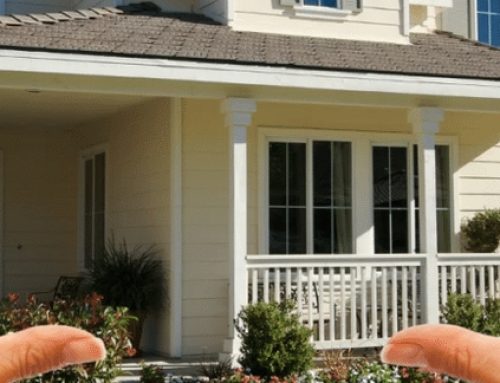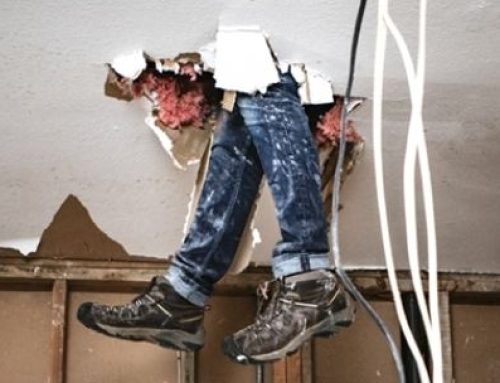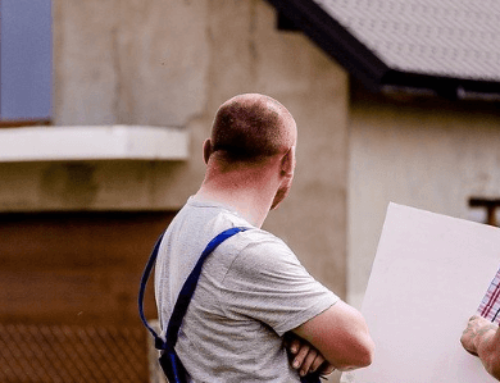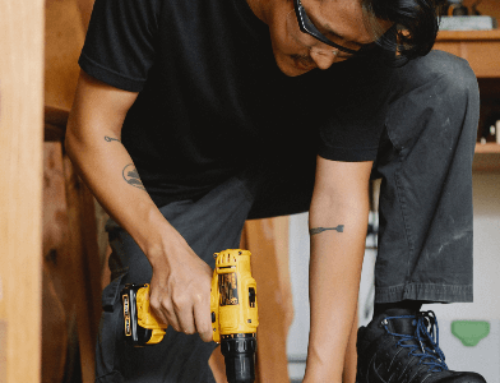House inspections can be an exciting time when you’re on the lookout for your forever home. Every new home you go to review might just be the one. And who doesn’t love a chance to fantasise about making a house your own? Yet as enjoyable as it might be to play house, it’s equally crucial that your time inspecting a property is spent making sure that this is the absolute best house for you.
The last thing you want is to sign the paper, move in all starry-eyed, only to be hit with unexpected disappointments or worse, financial catastrophes. And don’t think that this is something that only happens to other people, because that’s a sure-fire way to find yourself in such a mess.
So here are five fool-proof things to consider when attending an open inspection.
-
Location, location, location
I’m sure you’ve heard the phrase time and time again. The location of a home is absolutely critical when it comes to estimating the value of a property. This is obviously true of homes situated in stunningly picturesque locations and highly sought-after suburbs, however there are numerous other factors that can come into play here.
When it comes to determining the favourability of a home’s location, a frequently unnoticed feature is where the property is positioned in relation to the sun. You may often read that a property is being advertised as “north-facing”, which is supposed to be a selling point since the sun will be beaming down on the north side all day long. However, if the property is facing north, this also means that the back of the home is facing south, meaning that the back garden will likely be shaded.
Another aspect to consider is the style of homes, or lack thereof, found in the same vicinity. Is there a particular theme of houses lining the street that the home is on? If so, then you’re in luck. Houses located on streets that boast a consistent architectural style are valued more highly than those that aren’t.
-
Structural defects
This is where you really need to put your detective hat on. Some of the most common problems that you’ll need to look out for are issues with the plumbing, water damage and mold, electrical concerns, a damaged roof, and pest infestations. Although many of these things are immediately noticeable there are definitely some tell-tale signs you can look out for.
For instance, if you struggle to open and shut and windows or doors within the home, this can often be a sign of structural damage. Signs of water damage are easily visible if you know what to look for, but don’t take a chance when it comes to property defects.
This is where Building Masters comes in. There are so many potential defects that can be found in a home that it’s absolutely imperative that you get yourself a building and pest inspection before snatching up anything. No matter how incredible you might think a house is, there is a scary amount of possible issues that are not going to be visible to the naked eye, and concerns that you will likely never get a straight answer from the real estate agent about.
A wise idea would be to brush up on picking out these property problems for your next home inspection assessment by reading our Definitive Guide to Identifying Building Inspection Defects.
-
What’s that ruckus?
No one wants to live in a home that’s so loud you can’t even hear yourself think. The most obvious things you’ll likely want to avoid are busy main roads, train lines, and anything under a well used flight path. However, some of the worst cacophonies are only going to be noticeable once you’ve already settled in, so these are the ones you want to be most careful about, because at that point there’s no going back.
Such noise will generally come in the form of an inconsiderate neighbour or an entire area that might be more party-prone than you’re really down for. This is a difficult one to pin down because you won’t be likely to hear much at the open inspection since you’ll probably only be there for about 15 minutes in the middle of the day. So the best way around this is to come back on a Friday or Saturday night and listen up good.
This is the most successful way to get an accurate gauge of the neighbourhood and the type of people who you’ll be living over the road from. So make sure you don’t miss out on the chance for a good sleuthing. It might just result in the biggest save of your life.
-
Unique selling points
During your next open inspection, try to take extra special notice of anything that stands out. While there will always be homes with obvious stand-out features like a gigantic pool or a tennis court, there are usually less conspicuous points of interest that will add extra value to a home.
These can be aesthetic elements that you don’t see every day such as architectural uniqueness and interesting landscape designs, or they can be more functional. Homes that have energy efficient anything are generally highly sought-after because whoever moves in will end up saving big bucks on power bills. Solar panels are always a winner and high-end appliances such as the oven, dishwasher, or ducted heating will always win bonus points.
And let’s not forget the most important commodity of all: space.
If you’re inspecting homes in the inner city or apartments that are usually very scant on room, pay attention to anything that adds extra space to the property because this will always be considered premium real estate.
-
Privacy
While we’re on the topic of space, you should never underestimate one of the most coveted features a property can have to offer. Indeed, privacy is a key factor that people commonly search for, however it can be rather difficult to tell how much or how little you’ll have when going to inspect a property for the first time.
Unless the home is situated on the top of a hill, surrounded by a moat, with no neighbours as far as the eye can see, it’s not always easy to tell how much privacy you’ll have living in a particular house until you’ve done so. For example, is the property being overshadowed by an apartment building? Are there nearby homes that are adding an extra story with a perfect view into the backyard?
You’ll also want to ensure that if you’re looking to buy an apartment or adjoining home, that the walls are thick enough to block out every conversation the neighbours are having. Because if you can hear them, they can hear you. This also goes for outdoor space. If you’re inspecting townhouses or units, make sure that you get more than a communal area to relax outside. Everyone needs their personal space from time to time so don’t underestimate the importance of having sufficient privacy.
These tips should undoubtedly aid in your coming open inspections and now that you’re armed to the teeth with everything you need, I know you’ll come away with a bright and sparkling gem of a home.







Leave A Comment